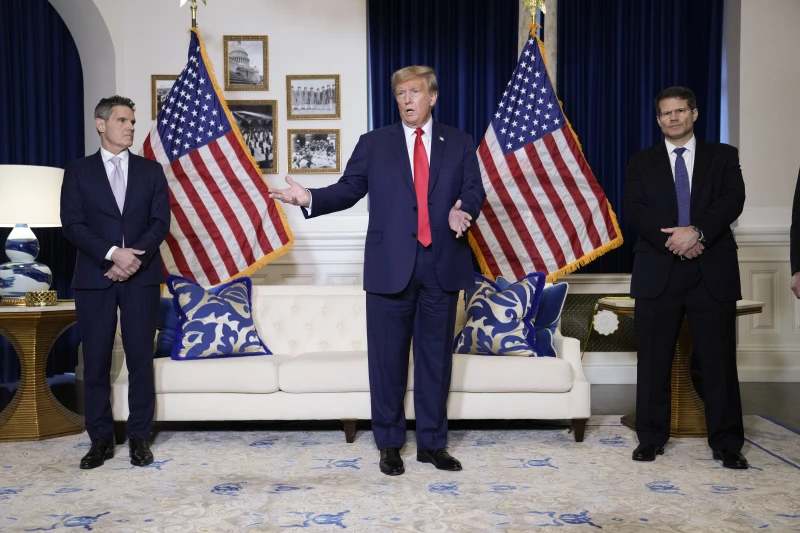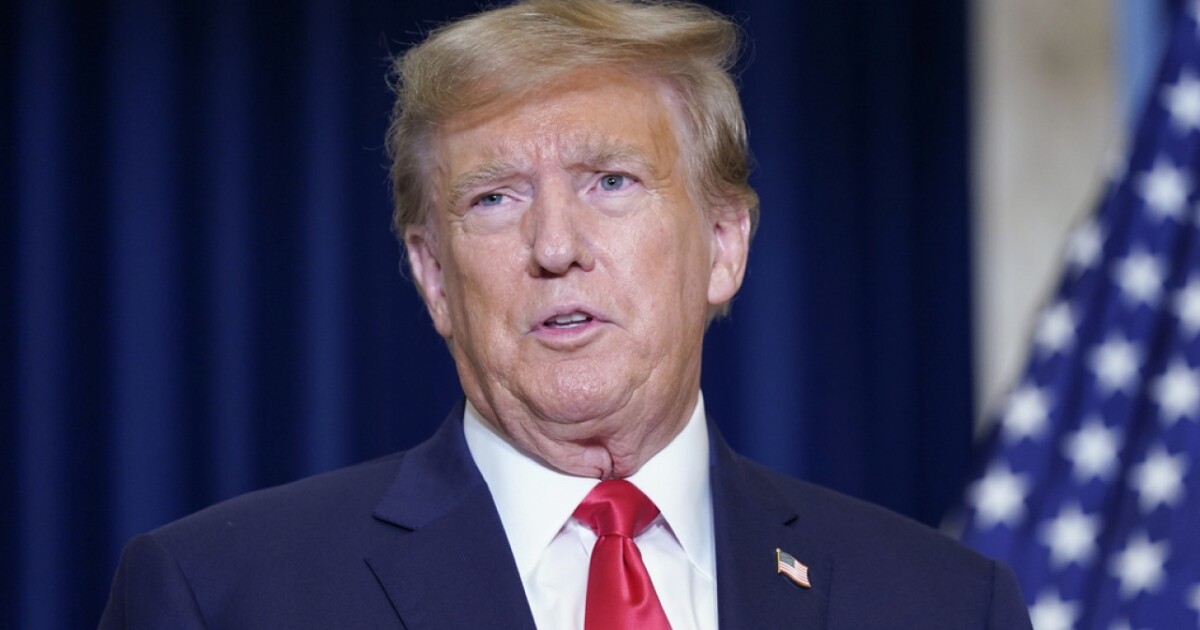Trump Faces Legal Doubt On Immunity Claims Amidst Georgia Election Subversion Challenge
Trump faces legal doubt on immunity claims amidst Georgia election subversion challenge related to the alleged plot to overturn the 2020 election results.
Author:Rhyley CarneyReviewer:Paula M. GrahamJan 10, 202417.1K Shares234.6K Views

Trump faces legal doubt on immunity claims amidst Georgia election subversion challengerelated to the alleged plot to overturn the 2020 election results.
The three-judge panel, including two Biden-appointed judges, also raised concerns about jurisdiction, raising the possibility that the appeal could be dismissed on procedural grounds.
Scrutiny On Trump's Immunity Claims
During extensive arguments, the judges challenged Trump's lawyer to defend the assertion that the former president is shielded from criminal charges stemming from actions he claims fell within his official duties.
The lower court had already rejected this argument, and the appeals judges indicated their skepticism, questioning the intended scope of presidential immunity after leaving office.
“„I think it’s paradoxical to say that his constitutional duty to take care that the laws be faithfully executed allows him to violate criminal law.- Judge Karen LeCraft Henderson, an appointee of former President George H.W. Bush

Ramifications And Potential Supreme Court Involvement
The outcome of this legal battle holds significant ramifications for the criminal case against Trump and the broader question of whether an ex-president can be prosecuted for actions during their White House tenure.
It sets the stage for potential appeals to the U.S. Supreme Court, which declined involvement last month but could still be drawn into the fray later.
The swift resolution of this appeal is critical for special counsel Jack Smith, aiming to proceed with the case before the November election.
However, Trump's legal team, in addition to seeking dismissal, seeks to leverage a prolonged appeals process that could delay the trial well beyond its scheduled March 4 start date, potentially extending it past the election.
Underscoring the significance of the legal proceedings, Donald Trump, the frontrunner in the 2024 Republican presidential primary, attended the arguments.
Despite the Iowa caucuses being a week away and no requirement for defendants to appear, Trump made his first court appearance in Washington since his arraignment in August.
His presence and subsequent comments aimed to reinforce his portrayal of being a victim of a politicized justice system.
Immunity Claims And Legal Strategy
Trump's legal team asserts that former presidents enjoy broad immunity from criminal prosecution for actions taken during their official duties.
They argue that subjecting Trump to prosecution would set a dangerous precedent, potentially exposing future presidents to politically motivated cases.
The judges' skepticism during the proceedings extended to questioning whether the court had jurisdiction to hear the appeal at this stage.
Trump's team contends that presidential immunity claims should be reviewed before trial. The uncertainty surrounding jurisdiction may add another layer to the complex legal battle.
Following the hearing, Trump spoke to reporters, calling the day "very momentous" and reiterating his innocence. He emphasized the necessity of presidential immunity, reinforcing his narrative of being unfairly prosecuted for political reasons.
Legal Challenges For Trump
Simultaneously, Trump's legal team filed a motion to dismiss state-level criminal charges in Georgia, asserting similar immunity claims.
The motion argues that Trump's alleged actions were within the scope of his official duties, seeking protection from prosecution under the supremacy clause of the U.S. Constitution.
The legal battles surrounding Trump raise unprecedented questions about the extent of presidential immunity and the potential implications for future prosecutions.
As the court deliberates, the decision will carry implications not only for Trump's legal challenges but could set a precedent for the relationship between ex-presidents and the justice system.
Final Words
The federal appeals court's skepticism and jurisdictional challenges in Donald Trump's immunity appeal are significant in his legal battles over the 2020 election plot.
The outcome has significant implications for the landmark criminal case and the broader question of ex-presidential prosecution. Trump's courtroom appearance and emphasis on immunity highlight the high stakes involved.
The timing of the decision sets the stage for potential Supreme Court involvement. Trump's legal team's efforts to dismiss charges in Georgia expand the scope of legal challenges.

Rhyley Carney
Author

Paula M. Graham
Reviewer
Latest Articles
Popular Articles